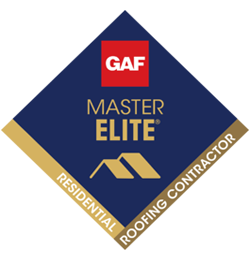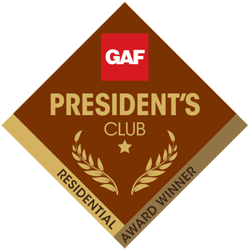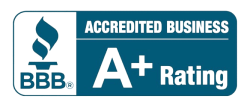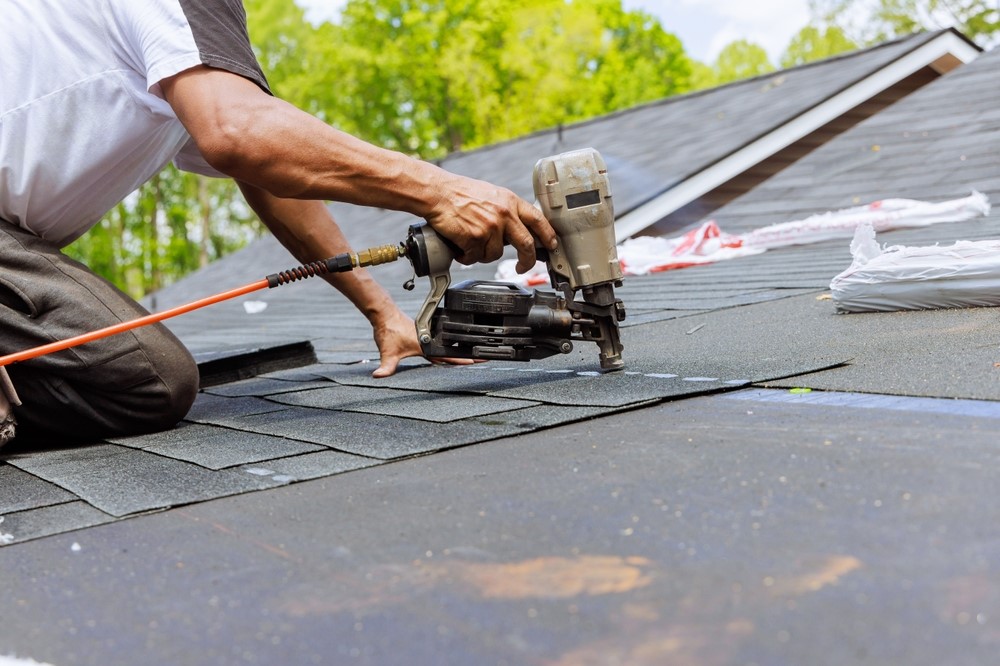Selecting the right roofing system is one of the most important decisions for any commercial property owner or facility manager. With numerous options available, comparing commercial roof types is essential to ensure durability, energy efficiency, cost control, and long-term performance.
The right commercial roof protects your building, lowers maintenance costs, improves energy savings, and can even boost property value. Whether you own an office, warehouse, retail space, or manufacturing facility in Erie, understanding the strengths and weaknesses of each system will help you make a sound investment.
This comprehensive guide from Complete Roofing Systems will walk you through the most common commercial roof types, compare their features, and provide insight into which system may work best for your specific needs.
Why Comparing Commercial Roof Types Matters
Not all roofing systems are created equal. Some are better suited to flat or low-slope buildings, while others are designed for high thermal performance, chemical resistance, or long-term durability.
Carefully comparing commercial roof types helps you answer critical questions like:
- What roof system fits my building design?
- How long will the material last in Erie’s climate?
- What are the maintenance and repair requirements?
- Will the roof help me meet energy efficiency goals?
- What is the total life-cycle cost, not just the installation price?
Making an informed choice today saves money, time, and trouble tomorrow.
The Most Common Commercial Roof Types
Below is a breakdown of the most widely used commercial roofing systems and how they stack up in terms of cost, performance, and durability.
1. EPDM Roofing (Ethylene Propylene Diene Monomer)
Overview: EPDM is a synthetic rubber membrane ideal for flat and low-slope roofs. Known for flexibility and affordability, it has become one of the most popular systems for commercial use.
Pros:
Inexpensive and quick to install
UV and ozone resistant
Long lifespan (20–30 years)
Low maintenance requirements
Cons:
Black surface absorbs heat (can be mitigated with white coatings)
Vulnerable to punctures without protective layers
Best For: Warehouses, office buildings, and properties needing a cost-effective flat roof system.
2. TPO Roofing (Thermoplastic Polyolefin)
Overview: TPO is a single-ply membrane that has gained traction for its energy efficiency and affordability. It’s usually white, making it a popular “cool roof” option.
Pros:
Reflects UV rays, reducing cooling costs
Resistant to dirt, algae, and punctures
Welded seams for waterproofing
Affordable and lightweight
Cons:
Varies widely in quality depending on manufacturer
Limited long-term performance history compared to EPDM
Best For: Retail stores, shopping centers, or commercial buildings aiming to reduce energy costs.
3. PVC Roofing (Polyvinyl Chloride)
Overview: PVC membranes offer exceptional resistance to chemicals, fire, and grease, making them ideal for restaurants or facilities with rooftop equipment.
Pros:
Highly resistant to grease and chemical exposure
Excellent fire resistance
Strong heat-welded seams
Reflective and energy-efficient
Cons:
More expensive than EPDM and TPO
May become brittle over time in cold weather
Best For: Restaurants, food production, and chemical plants.
4. Modified Bitumen Roofing
Overview: This asphalt-based system offers layers of reinforcement and flexibility. Installed via torch-down, cold adhesive, or peel-and-stick, it’s a step up from traditional built-up roofs.
Pros:
Excellent tear resistance
Ideal for foot traffic areas
Strong waterproofing when properly installed
Cons:
Labor-intensive installation
Requires experienced contractors to avoid seam issues
Best For: Flat roofs with regular foot traffic or mechanical systems requiring maintenance access.
5. Metal Roofing (Standing Seam or Corrugated)
Overview: Durable and long-lasting, metal roofs are a great option for buildings with a slight slope. While more common in residential construction, they’re ideal for some commercial applications.
Pros:
Lifespan of 40–70 years
Fire and wind resistant
Highly reflective and energy efficient
Low maintenance
Cons:
Higher initial investment
Can be noisy without insulation
Best For: Sloped commercial buildings, showrooms, and storage facilities.
6. Built-Up Roofing (BUR)
Overview: BUR is one of the oldest types of commercial roofing and is made from alternating layers of bitumen and reinforcing fabric topped with gravel or a reflective coating.
Pros:
Excellent waterproofing
UV and fire resistant
Long service life (20–30 years)
Cons:
Heavy system
Higher labor cost and installation time
Best For: Flat roofs on large commercial properties where durability is key.
Comparing Commercial Roof Types: Side-by-Side Summary
Roof Type | Lifespan | Cost | Energy Efficient | Maintenance | Best For |
EPDM | 20–30 years | Low | Moderate | Low | Offices, warehouses |
TPO | 20–25 years | Low-Mid | High | Low | Retail, medical, schools |
PVC | 20–30 years | Mid-High | High | Low | Restaurants, chemical facilities |
Modified Bitumen | 20–30 years | Mid | Moderate | Moderate | Rooftops with foot traffic |
Metal | 40–70 years | High | High | Low | Sloped roofs, modern builds |
BUR | 20–30 years | Mid-High | Moderate | Moderate | Large flat-roof facilities |
Erie Climate Considerations for Commercial Roofing
Erie’s weather patterns present unique challenges that must be factored into roofing decisions:
- Heavy snowfall and freeze-thaw cycles
- Strong winds off Lake Erie
- Warm, humid summers with potential for algae growth
Your roofing system should be designed to handle these conditions with minimal wear. Reflective roofing like TPO or PVC can reduce cooling costs, while reinforced systems like modified bitumen and BUR offer great performance in freeze-prone zones.
The U.S. Department of Energy recommends cool roof systems for regions with high air-conditioning demands, which applies to summer conditions in Erie.
Don’t Overlook Roof Insulation and Drainage
Your roofing system is only as effective as the insulation and drainage systems that support it. Be sure to:
- Select high R-value insulation to improve energy efficiency
- Ensure proper slope or pitch for water runoff
- Use high-capacity drains, scuppers, or internal gutters
A poorly drained roof—even with a quality membrane—can lead to premature failure and water intrusion.
Warranty and Installation Matter Just as Much as Material
No matter which commercial roof type you choose, your system is only as good as the installation and the warranty that backs it. Always:
- Work with certified and experienced roofing contractors
- Understand the difference between a material warranty and a workmanship warranty
- Ask about system-specific warranties (some TPO and PVC systems offer 20–30 years of coverage)
Make sure your contractor complies with Erie’s local building codes and industry best practices. According to the National Roofing Contractors Association (NRCA), improper installation is the leading cause of premature roof failure—more than material defects.
Partner with Complete Roofing Systems for the Right Choice
At Complete Roofing Systems, we specialize in commercial roofing solutions that meet your building’s needs, budget, and timeline. Our services include:
On-site roof assessments and inspections
Professional installation of all commercial roof types
Energy-efficient and code-compliant systems
Maintenance programs to extend roof life
Our team understands Erie’s climate challenges and can help you select the best commercial roof for performance, appearance, and ROI.
Let’s Help You Find the Perfect Roofing System
Choosing the best roof is about more than just comparing materials—it’s about finding the right balance between function, durability, cost, and aesthetics. Whether you’re managing a school, healthcare facility, retail property, or manufacturing plant, we’ve got the solution that fits your goals.
Get a free inspection now and let us evaluate your current system, discuss your needs, and recommend the most reliable commercial roofing solution for your Erie business.
We’re here to build smarter, longer-lasting roofs—one property at a time.
Subscribe to Complete Roofing Systems's Blog





Comments